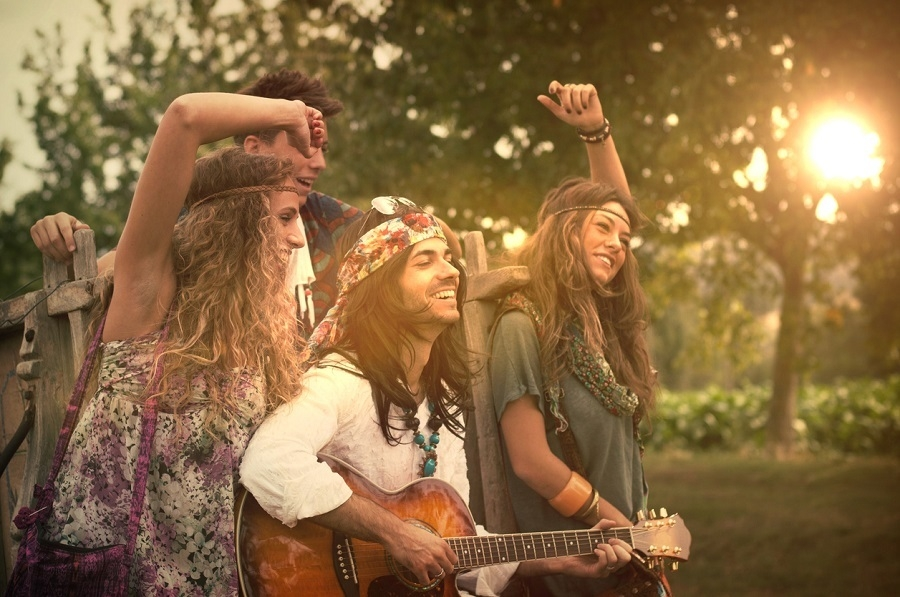From microdosing to magic truffles and ketamine-assisted therapy to ayahuasca retreats, psychedelic drugs normally associated with 1960’s counterculture are becoming mainstream for the bougie wellness set. Psilocybin is to the 2020s what matcha was to the millennials.
This year, London opened its first psychedelic psychotherapy clinic, Awakn, run by Professor David Nutt, the man sacked as Gordon Brown’s chief drug advisor for saying LSD and ecstasy were less dangerous than alcohol. Research and training programmes have been in place in Imperial College, the Maudsley Clinic and Clerkenwell Health for some time.
Hunter Biden, the president’s son, wrote about taking ibogaine, a plant-based psychedelic at a clinic in Mexico, to cure his drug and alcohol addiction (he was clean for a year). Netflix has a bunch of documentaries about it – see How To Change Your Mind, Have a Good Trip, Fantastic Fungi and The Goop Lab, where Gwynnie’s disciples get high on their own wellness supply.
Maybe the world is so crazy right now getting off our heads is the only sane response. Or - as some perfectly respectable therapists would (cautiously) argue - used expertly, and with great care, psychedelics have a therapeutic value we are only just beginning to understand.
Here is our rough guide to the world of wellness-enhancing, mind-altering substances. Proceed with caution: a lot of these practices are still in the research stage and have yet to be approved for public consumption.
They’re also illegal here (except psilocybin and ketamine for medical use), so we are mainly list retreats abroad – for now.
Microdosing

Microdosing is the practice of using a tenth or twentieth of a substance that would induce a full-blown trip. In fact, there is nothing trippy or particularly scary about it (unless you have psychosis, autism or are colour blind). Some people use it to focus, connect to others, tap into creativity or balance mood. According to Alli Schaper of the Microdosing Collective, the effect is not about what you feel, but what you don’t feel (ie anxiety, low mood, depression, insomnia).
Microdosing became popular after James Fadiman’s book The Psychedelic Explorer’s Guide in 2011, particularly among those into functional medicine (the new, more science-sounding name for alternative medicine) and smart drugs to enhance performance.
The main issue is that psychedelics are illegal and therefore totally unregulated. There is no robust evidence to support some of the claims as yet, however, there’s a lot of research being carried out on its treatment of mood and neurological disorders, while the effects of macrodosing on neuroplasticity (brain re-wiring) are well documented.
As to the placebo effect: many studies have shown that people who go into microdosing with positive expectations get positive results.
Ayahuasca
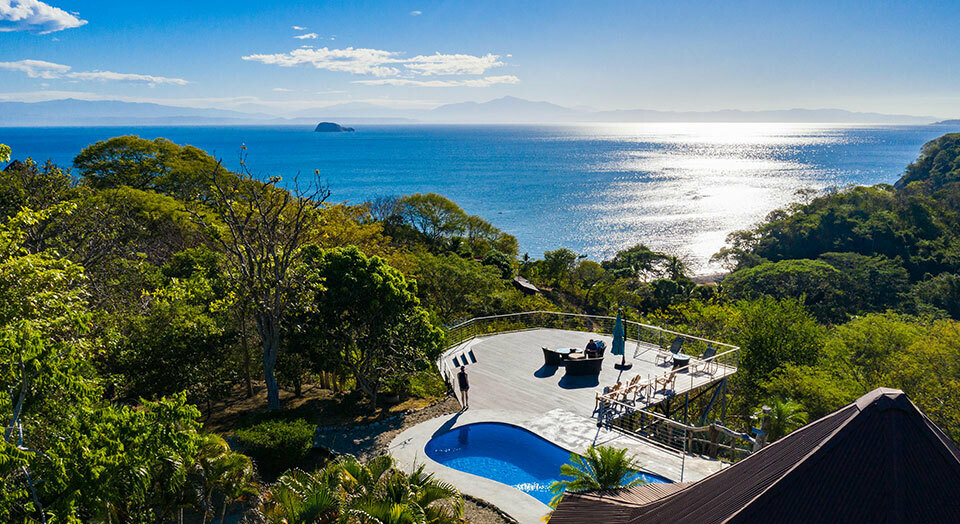
Megan Fox endorsed the use of ayahuasca on Jimmy Kimmel, saying her ceremony with the sacred plant medicine “surpasses anything you could do with talk therapy or hypnotherapy”. A session can last between five days and three weeks, and – at Soltara Healing Centre in Costa Rica - includes one-to-one consultations with Shipibo master healers, yoga, breathwork, journaling, creative expression, floral baths and immersion in its 21 acres of rain forest (the ocean is also nearby). The centre hosts no more than 20 guests at a time and has trauma expert Gabor Mate and psychedelic research pioneer Dennis McKenna on its board.
Psilocybin
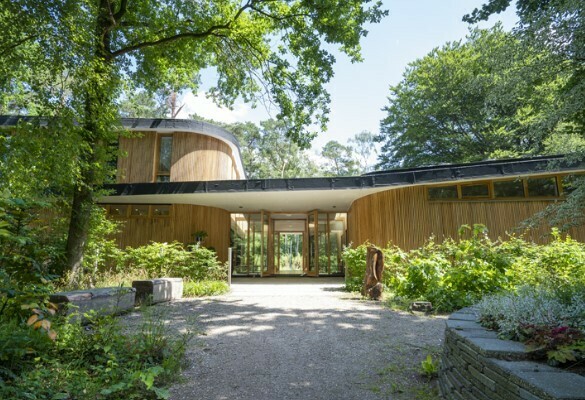
Facilitators and therapists host a ceremony with magic truffles at Synthesis in Amsterdam. Their active component is psilocybin found in magic mushrooms in a hundred-year-old lighthouse. Guests stay for three-to-five days in this coastal community, and engage in psychedelic therapy and personal growth. There’s yoga, saunas, private coaching, breathwork and integration workshops, too. No jokes about being a fun guy, please.
MDMA Couples Therapy
Not what you might be thinking (dropping Es on a date night?), MDMA-assisted psychotherapy is currently being studied in relation to PTSD, especially for couples whose relationship is affected by past trauma. MDMA is an empathogen, meaning it promotes empathy and connection. For couples in distress, easily triggered and lacking trust, it can help create a healing bond. It also enables people to step out of overwhelming emotions and be more open and able to describe their feelings.
Ketamine
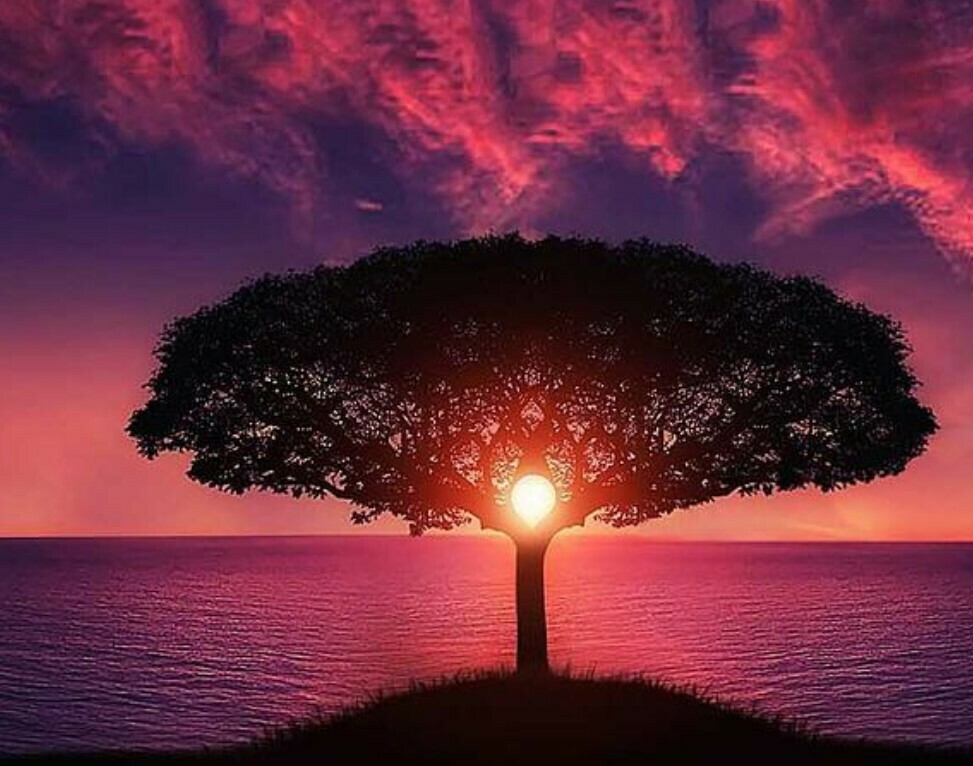
Infamously touted in popular culture as a horse tranquiliser that teenagers take for ‘fun’ – K-holes aside – Ketamine therapy is a whole different ball game said to aid depression, addiction and trauma in certain patients. It is, unlike LSD etc, legal for medical use. The Wholeness Center in Colorado offers an initial assessment after which a care team develops a treatment plan with ketamine sessions supported by therapists.
MDMA and LSD
While maverick psychiatrist R D Laing is reported to have used LSD in his treatments in the 1980s, it’s now illegal in most countries. There is ongoing research on MDMA’s use in the treatment of trauma, and LSD-assisted psychotherapy for anxiety, however.
If you don’t want to do drugs or just fancy dipping your toe into the mind-altering world of wellbeing for now, Holotropic breathwork – breathing deeply to music for anywhere between three to eight hours – and floatation tanks can mimic a psychedelic experience. https://psychedelictherapyuk.com/
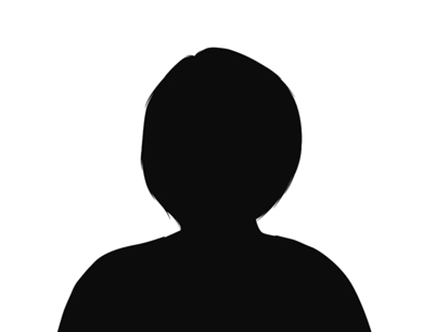
Savant Spy
22nd November 2022
Spy Likes:
Clever, inspiring design, sublime views, a vast, clean and empty pool, solitary relaxation areas to read, write or commune with my muse.
Spy Dislikes:
Small talk, discussions about spirituality or astrology, any products containing tea tree oil or aloe (sadly am allergic), busy pools where you can’t do laps.
